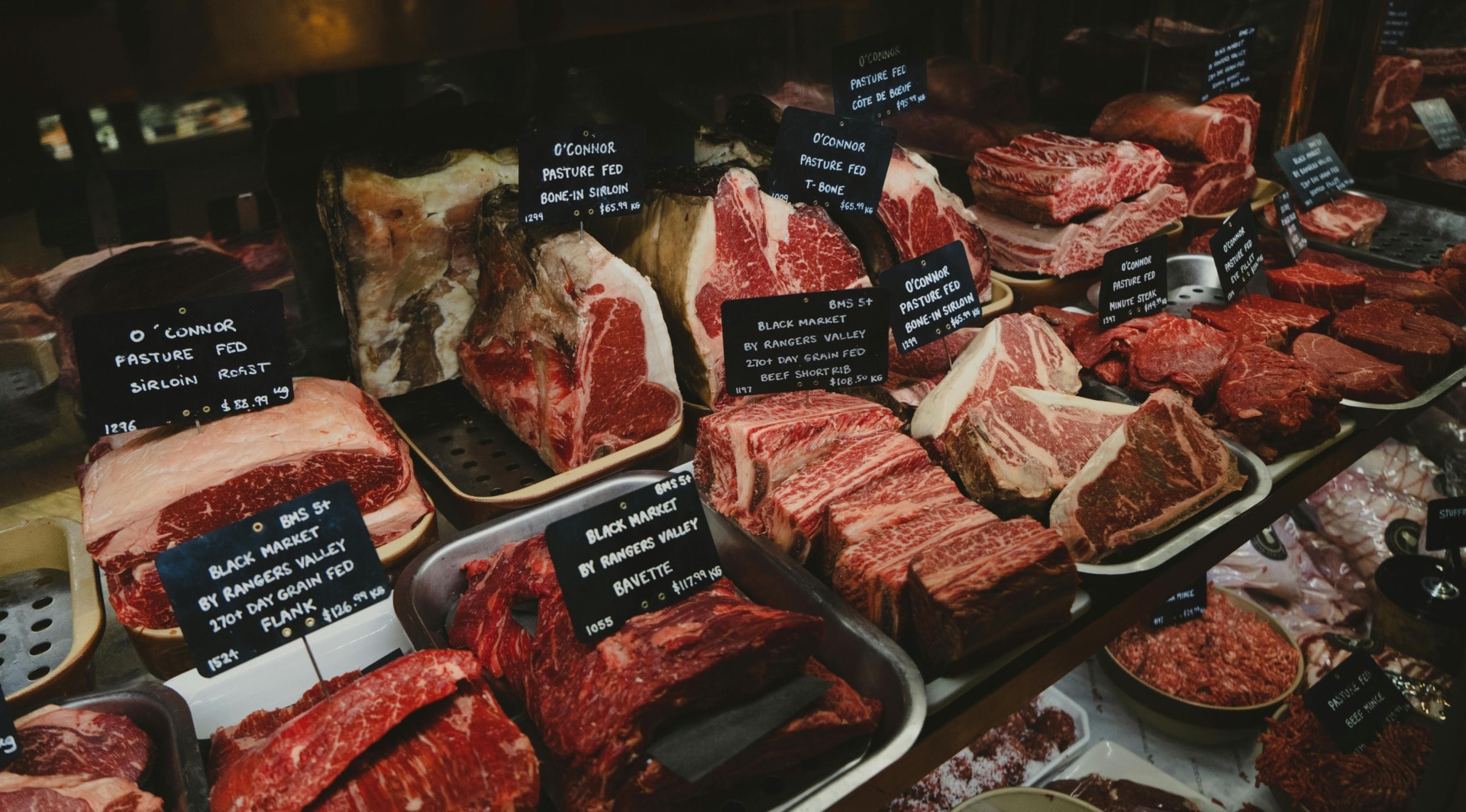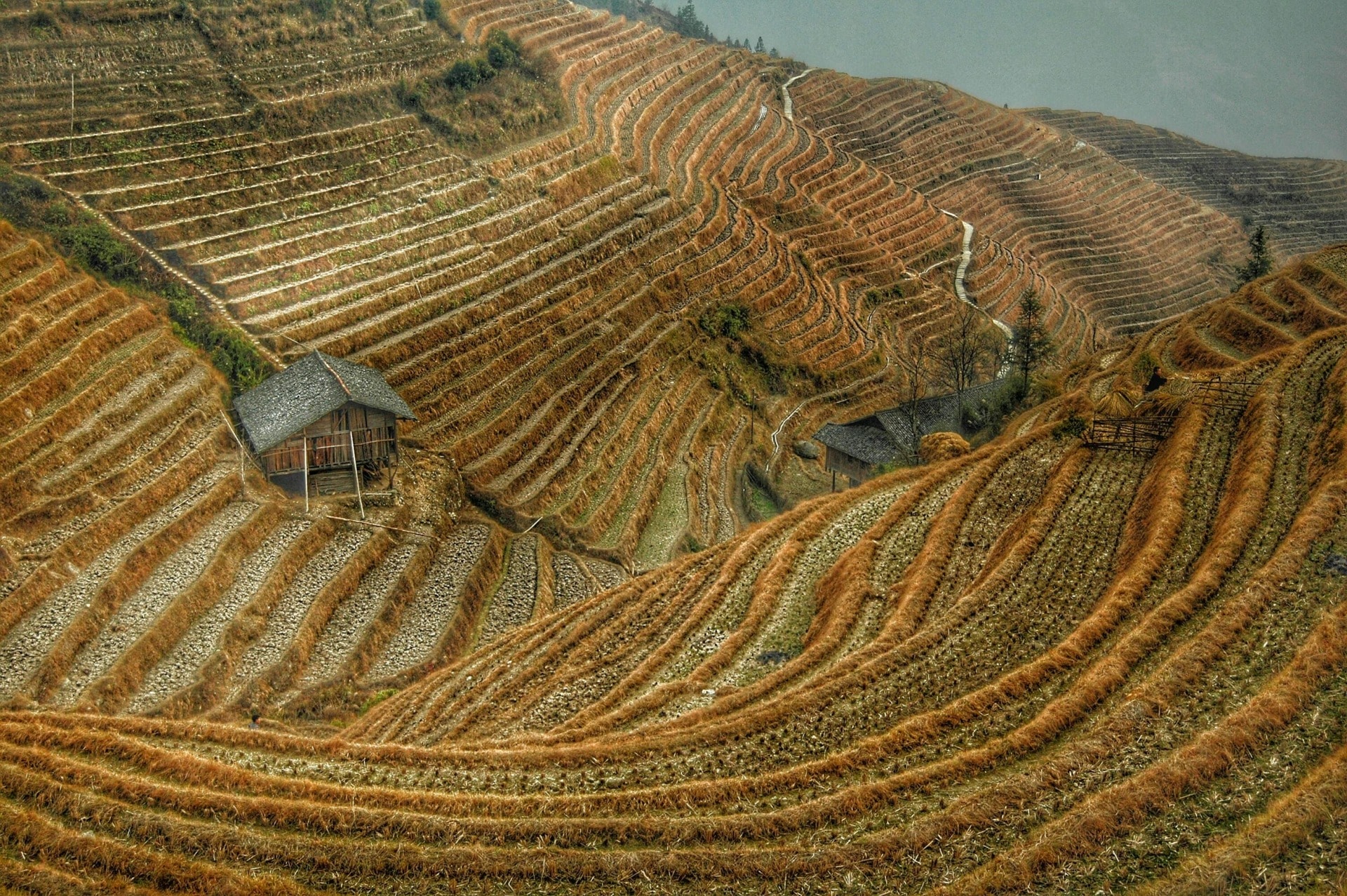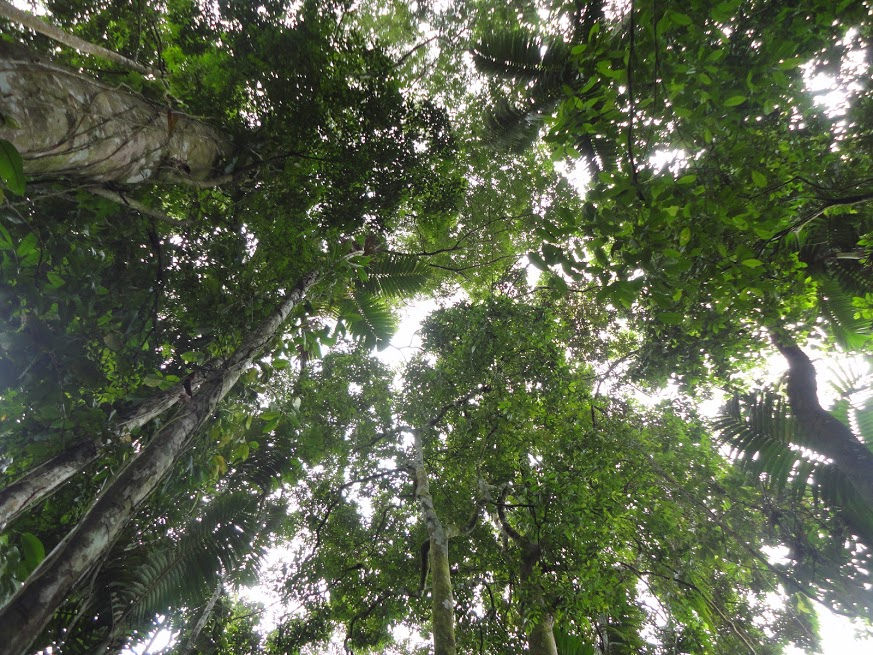There exist a dozen or so articles focused on inspiring us to grow our own food, with titles such as: ‘Advantages of Growing Your Own Food’, ‘Backyard Gardening: Grow Your Own Food, Improve Your Health’ and ’13 Reasons Why You Should Grow Your Own Food’. And don’t forget those articles on the content of global grow-your-own-food movements.
I have been inspired to use all available land to grow my own food, but in the city of Lagos, Nigeria, accessing fertile land to grow your own food and the availability of the seeds to plant are significant urban challenges.
 In the photo: Agar Vision Africa Agricultural Initiative logo. Photo credit: Agar Vision Africa Agricultural Initiative.
In the photo: Agar Vision Africa Agricultural Initiative logo. Photo credit: Agar Vision Africa Agricultural Initiative.
In Lagos, with a population of over twenty million, getting to grow your own food is tough and rough, so the only way to escape the fix is to approach the grow-your-own-food movement with a sense of urgency.
The first hurdle of the activation of the movement is the lack of knowledge of which Nigerian food is best to grow. What are Nigerian foods? The answer to this question is rooted in the understanding of who a Nigerian is in terms of what and how much they consume.
 In the photo: Grow your own food – an exotic vegetable garden. Photo credit: Agar Vision Africa Agricultural Initiative.
In the photo: Grow your own food – an exotic vegetable garden. Photo credit: Agar Vision Africa Agricultural Initiative.
On a daily basis, a Nigerian might consume: rice, beans, yam, sweet potatoes, cassava-based meals, tomatoes, pepper and vegetable sauces with beef, chicken, fish (Catfish and Tilapia are predominantly consumed at high rates) and fruits, which are normally seasonal. Community markets sell a lot of vegetables like carrots, mushrooms, cucumbers, lettuce, cabbage and groundnuts. Herbs and spices make regular appearances on the food lists of Nigerians.
Numerous questions come to mind when I read articles on growing your own food. However the most prevalent questions I get from followers, enthusiasts and start-ups at meetings include:
(1) I have land but no seeds. How do I obtain them?
(2) How do I start my own garden in a city as heavily populated as Lagos?
(3) What would be the ideal size of a sustainable garden that would sustain the average Nigerian?
(4) What should I grow? (This is the biggest puzzle yet).
Growing your own food in Nigeria is not rocket science, but admittedly, it is not quite as easy as Kathleen Frith, Managing Director of the Center for Health and the Global Environment (CHGE), suggests. While I do agree with her belief that basic kitchen crops are often forgotten, the main challenge that faces Nigeria is our soil which requires inorganic soil fertilization in such large quantities that some homegrown food is just as bad as the commercially grown crops from farmers’ markets. My advice is to start small; but acquiring good organic seeds poses a challenge in an uncontrolled market, making it undeniably tough for healthy food consumers. The way forward is for farmers, or anyone willing to grow healthy food for sustenance or the market, to focus on ‘Solutions, Solutions and Solutions’.
There is a restaurant in Abuja, the federal capital territory of Nigeria, that is home to an organic garden where herbs and spices are grown with no inorganic inputs added to the cultivation. Both the customers and the restaurant owners are equally happy about the results of this sustainable organic gardening that keeps everyone healthy and encourages them to come back for more.
 In the photo: Land in a recreational garden dedicated to herbs and spices in urban centre Abuja , Nigeria 2018. Photo credit: Agar Vision Africa Agricultural Initiative.
In the photo: Land in a recreational garden dedicated to herbs and spices in urban centre Abuja , Nigeria 2018. Photo credit: Agar Vision Africa Agricultural Initiative.
Normally organic farming does not involve capital investment as high as that required in chemical farming as organic fertilizers and pesticides can be produced locally. The yearly costs incurred by farmers are also low. Organic food is normally priced 20-30 percent higher than conventional food, and organic farming involves synergy with various plant and animal life forms, allowing farmers to make use of traditional knowledge.
Seeds must be organic. Growing your own food in a country like Nigeria greatly impacts world food security, particularly since 30 percent of our population, over 36,000,000 people, actively do so. Movements at both individual and cooperative levels beyond subsistence farming would give a significant boost to the world’s agricultural production.
Nigeria’s grow-your-own-food movement needs your help. In order to support people in growing their own food and contributing towards food security through sustainable agriculture, a group of likeminded people came together to found Agar Vision Africa Agricultural Initiative.
 In the photo: Piggery Farm dedicated to biogas production. Photo credit: Agar Vision Africa Agricultural Initiative.
In the photo: Piggery Farm dedicated to biogas production. Photo credit: Agar Vision Africa Agricultural Initiative.
The Agar Vision Africa Agricultural Initiative – commonly known as AVA initiative – is a non-profit and non-governmental organization founded in 2012 and is currently registered in Ghana, The Gambia, Germany and Nigeria. It provides a sustainable livelihood to the people of Africa, who happen to be predominantly farmers, by providing helpful information, capacity building and the most desired human and material resources which play a critical role in the actualization of the sovereignty and food security of Africa.
Agar Vision Africa Agricultural Initiative has carried out various projects such as radio programs for farmers on the best agricultural practices and the creation of newsfeeds and alerts through website updates of agricultural news and events. It also established an experimental farm which served as a training centre for farmers on new and sustainable agricultural procedures, and set up a nursery for organic vegetables, allowing farmers to try out a variety of exotic vegetables. AVA Initiative implemented the Water Purification Project, providing safe drinking water to selected communities. It encourages biogas production for cooking and lightening using locally produced digesters for rural homes in farming communities to reduce the stress on women and children, and supports the proper utilization of post-harvest and animal waste.
 In the photo: The Water Purification Project. Photo credit: Agar Vision Africa Agricultural Initiative.
In the photo: The Water Purification Project. Photo credit: Agar Vision Africa Agricultural Initiative.
Farmers’ Participation aims to increase the number of farmers participating in social and personal development and to inspire and motivate them to be more involved in sustainable agriculture. It compiles a survey of farmers’ issues in communities, identifies the skills that will best solve these problems and obtains facilities where farmers are trained free of charge.
The initiative allows farmers who lack knowledge and skills to enhance their capabilities and to realise their potential, empowering them through the use of training and information pertinent to their individual development. It looks for potential export markets for agricultural produce and meets with potential buyers to improve the chances of farmers getting a fair price for their food. The initiative shows farmers how to create business plans and how to manage their organisations, motivating them to share, rather than monopolise, information and skills.













